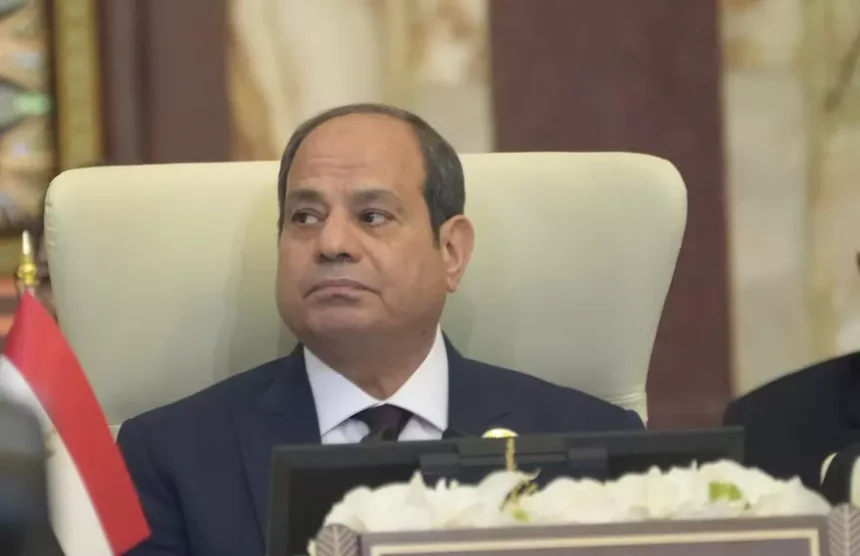In a high-stakes diplomatic gathering, Arab leaders convened at the 34th Arab League Summit in Baghdad, where they issued a unified call for a ceasefire between Israel and Hamas and pledged collective efforts toward the reconstruction of Gaza. The summit emphasized the urgent need to end the violence and prevent further humanitarian catastrophe in the besieged Palestinian enclave.
Hosted by Iraq’s Prime Minister Mohammed Shia al-Sudani, the summit drew significant participation from key Arab nations, including Qatar’s Emir Sheikh Tamim bin Hamad Al Thani and Egypt’s President Abdel Fattah el-Sissi, as well as international guests such as Spanish Prime Minister Pedro Sánchez and U.N. Secretary-General António Guterres.
Leaders Reaffirm Commitment to Gaza Reconstruction
El-Sissi reiterated that Egypt, in coordination with Qatar and the U.S., is exerting intense efforts to mediate a ceasefire, noting the successful release of Israeli-American hostage Edan Alexander as a breakthrough. He also announced plans to host an international reconstruction conference once hostilities cease.
Meanwhile, Prime Minister al-Sudani condemned what he called a “genocide” in Gaza, stressing that the level of devastation “has reached levels of ugliness not seen in all conflicts throughout history.” Iraq pledged $20 million for Gaza reconstruction and an additional $20 million for Lebanon, with intentions to establish an Arab Reconstruction Fund.
The summit followed an emergency Arab League meeting in March that endorsed Gaza’s reconstruction without displacing its population of over 2 million. U.N. Secretary-General Guterres reaffirmed this position, stating that the forced displacement of Palestinians is unacceptable, while also urging unhindered humanitarian access and the release of all hostages.
Escalation in Gaza Overshadows Ceasefire Hopes
The diplomatic push comes as Israel escalates its military campaign in Gaza following the collapse of a January ceasefire. Prime Minister Benjamin Netanyahu has vowed to intensify operations to eliminate Hamas, amid rising civilian casualties and destruction.
Despite widespread calls for peace, Hamas and Israel remain locked in deadly confrontation, complicating diplomatic efforts. Meanwhile, Palestinian Authority President Mahmoud Abbas used the platform to urge Hamas to relinquish control of Gaza and hand over weapons, reviving long-stalled reconciliation attempts between Palestinian factions.
Trump’s Middle East Visit Draws Attention
The summit’s diplomatic focus was partially overshadowed by U.S. President Donald Trump’s recent regional tour, which, though failing to secure a ceasefire, stirred geopolitical waters. Trump made headlines by meeting Syria’s newly appointed President Ahmad al-Sharaa, a former insurgent leader, and promising to lift U.S. sanctions on Syria—a move that stirred backlash among Iraqi Shiite factions wary of al-Sharaa’s militant past.
Although Syria’s Foreign Minister Asaad al-Shibani led Damascus’s delegation to Baghdad, al-Sharaa’s absence underscored the lingering tensions among Arab states over Syria’s reintegration into regional politics.
In a further sign of shifting dynamics, an Iraqi official disclosed that Iran’s Quds Force commander Esmail Ghaani visited Baghdad ahead of the summit, relaying Tehran’s support for ongoing Iranian-American nuclear negotiations and the lifting of sanctions on Iran.
The Baghdad summit highlighted a rare moment of Arab consensus on Gaza, yet the deep-rooted complexities of regional rivalries, foreign intervention, and unresolved Palestinian governance issues suggest that rebuilding Gaza will demand not just funds, but long-term political resolve.







